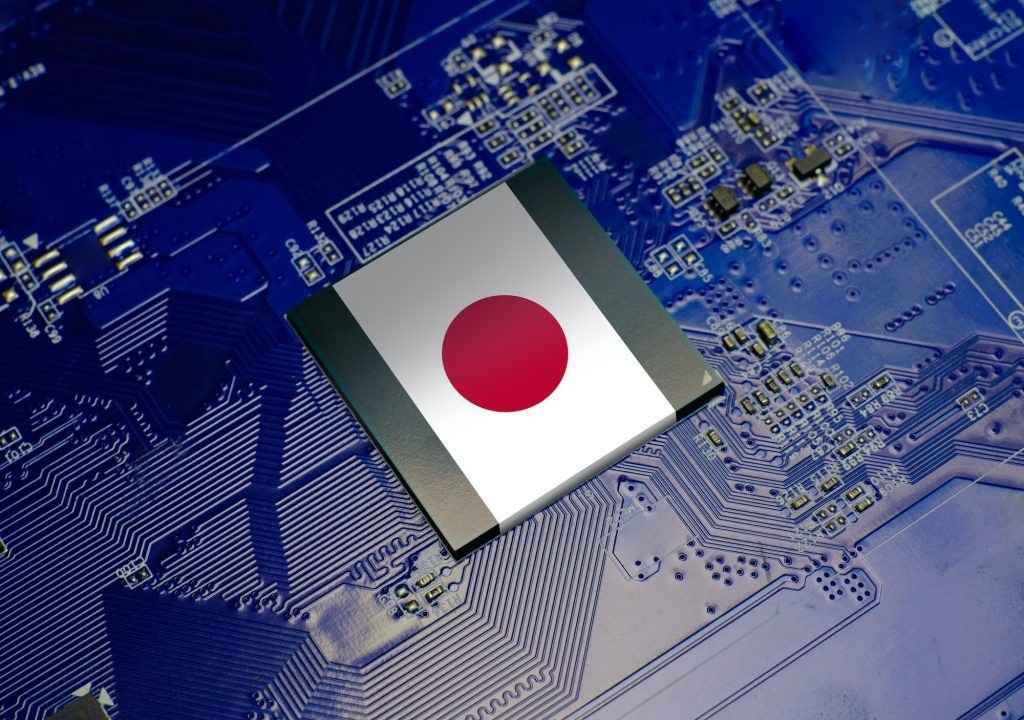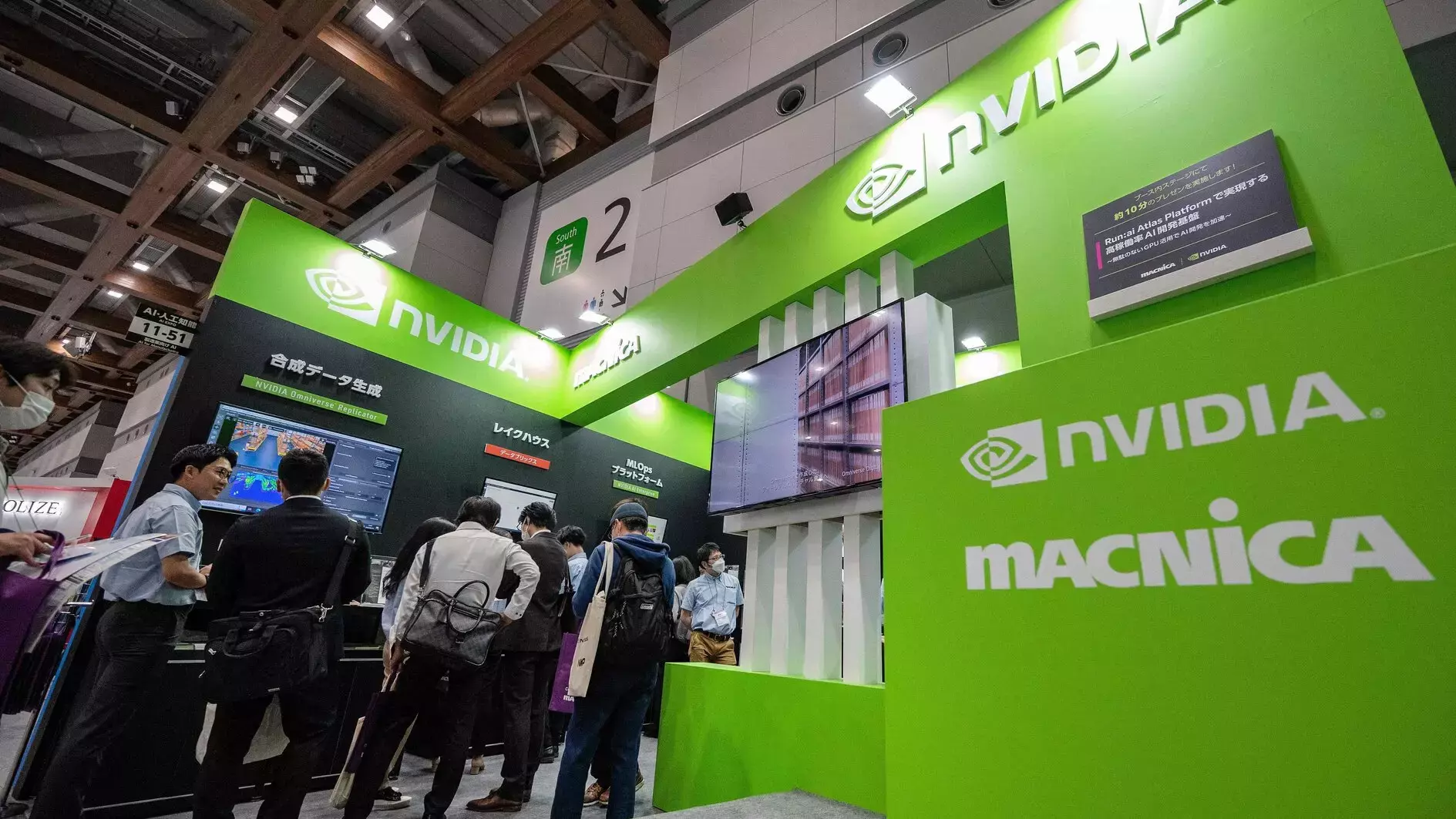Japan’s $65 Billion Bet: Reviving Its Tech Legacy with AI and Semiconductors
By admin | Nov 20, 2024 | 3 min read

Japan is making a bold move to reclaim its position as a global technology leader with a massive $65-billion (10-trillion-yen) investment in artificial intelligence (AI) and semiconductor development. This initiative aims to address domestic challenges, such as an aging and declining population, while preparing the nation for a world of shifting geopolitical tensions, particularly around Taiwan—a global hub for semiconductor manufacturing.
A New Era for Japanese Innovation

VivaTech selected Japan as Country of the Year for 2024.
In the 1980s, Japan was a dominant force in tech hardware. However, its influence waned in the following decades as it took a backseat to other nations driving innovation, particularly in AI.
"Japan had quite a long period of almost just sitting back and observing a lot of this innovation, particularly when it comes to artificial intelligence," explained Kelly Forbes, president of the AI Asia Pacific Institute.
This period of passivity appears to be over. Recent years have seen Japan reignite its technological ambitions, recognizing the transformative potential of AI and advanced semiconductors. Companies like SoftBank and U.S. tech giant Nvidia have already unveiled plans to create a nationwide "AI grid," setting the stage for more collaborative and innovative ventures.
Why AI and Microchips Are Critical for Japan
AI-powered automation could be a lifeline for Japan, which faces significant demographic challenges as the world’s second-oldest population (after Monaco). According to Seth Hays, author of the Asia AI Policy Monitor newsletter, leveraging AI for productivity gains is crucial to offset workforce shortages.
This demographic crisis is not the only driver of Japan’s renewed focus on AI and semiconductors. Chips are the backbone of AI innovation, and their strategic importance has grown amidst escalating geopolitical concerns. With Taiwan producing most of the world’s semiconductors, the possibility of Chinese military aggression against the island has prompted nations to diversify their chip supply chains.
In response, Japan has intensified efforts to bolster its domestic semiconductor production. The government has pledged up to four trillion yen in subsidies for the Rapidus project, which aims to produce next-generation chips, and hopes to triple domestic chip sales by 2030.

May 10, 2023 shows people visiting the booth for US computing giant Nvidia during the three-day 7th AI Expo, part of NexTech Week Tokyo 2023, Japan's largest trade show for artificial intelligence technology companies, at Tokyo Big Sight.
Geopolitics and Energy Challenges
Japan's investments also aim to mitigate risks associated with its reliance on Taiwan for chips. Taiwanese tech giant TSMC, which supplies a significant portion of the global chip market, recently opened an $8.6-billion chip factory in southern Japan and is planning another facility for advanced chips. These moves highlight Japan's proactive approach to securing its technological and economic future.
View: Japan's Primary Energy Consumption by Source, Exajoules
However, these advancements come with a cost. Chip manufacturing and AI-driven data centers are notoriously energy-intensive. Japan’s energy landscape, heavily reliant on fossil fuel imports, poses a significant hurdle. The government is working to reactivate nuclear power plants that were decommissioned after the 2011 Fukushima disaster, but the path to sustainable energy independence remains uncertain.
"In Taiwan, TSMC takes up eight percent of our electricity," noted Hays. "Where’s Japan going to get the energy?"
The Road Ahead
Japan's $65-billion tech strategy underscores its determination to remain competitive in a rapidly evolving global landscape. While challenges such as energy shortages and workforce limitations persist, the country's commitment to AI and microchip innovation signals a promising return to the forefront of technological leadership.
This renewed focus on cutting-edge technology not only secures Japan’s position in a turbulent geopolitical environment but also equips the nation to tackle its unique domestic challenges head-on. With strategic investments and international collaborations, Japan may yet reclaim its title as a tech powerhouse.
Comments
Please log in to leave a comment.




No comments yet. Be the first to comment!